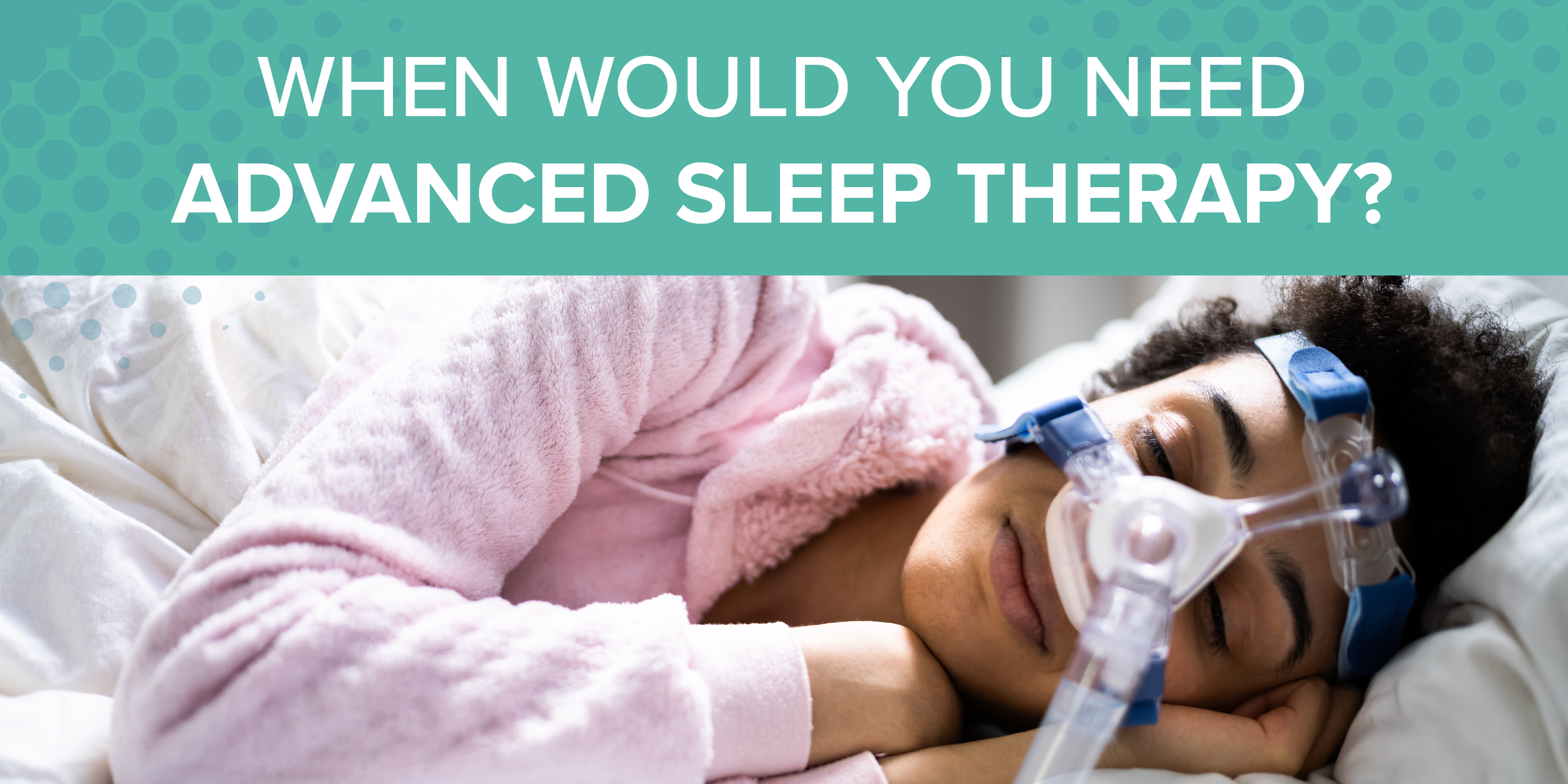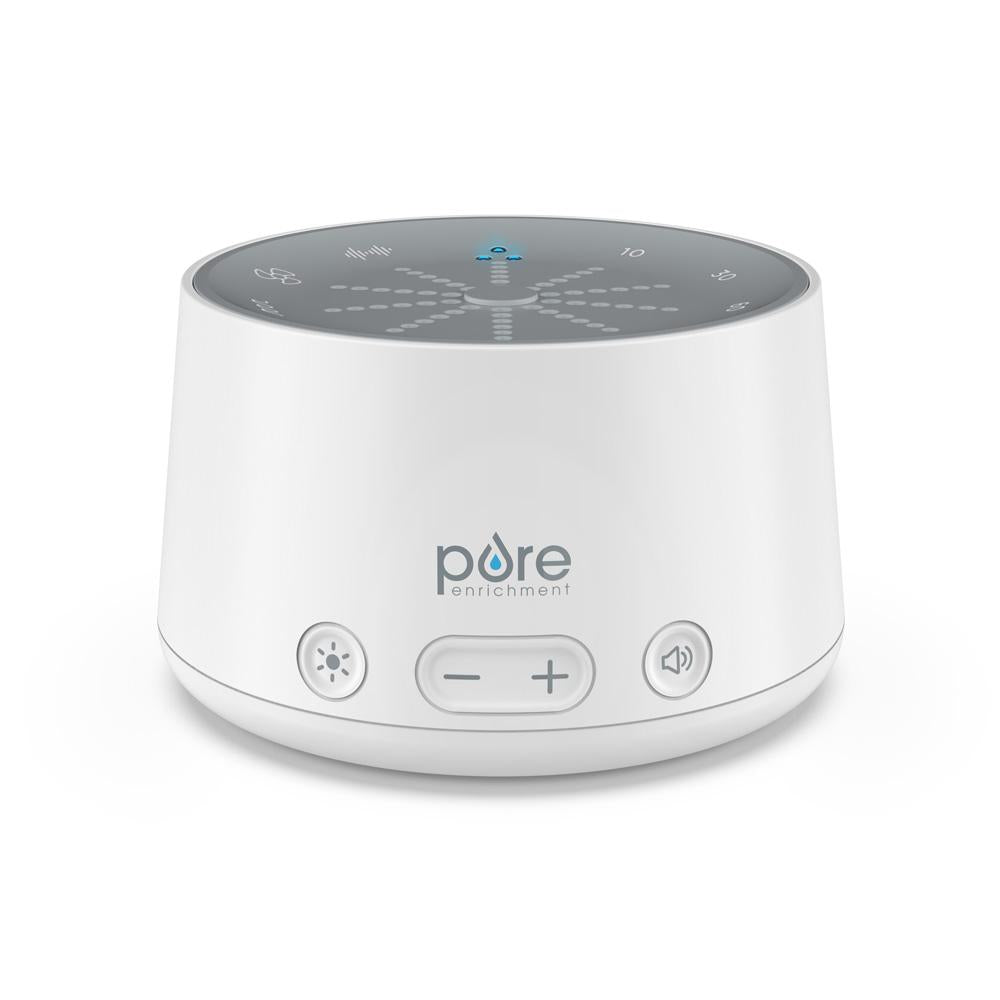Innovative Insomnia Solutions - Find What Functions for You
Wiki Article
Reliable Therapy Solutions for Handling Sleep Disorders and Enhancing Relaxing Sleep
In the realm of medical care, the management of rest problems and the mission for restful sleep are essential parts of overall wellness. As we navigate the intricate landscape of sleep problems and seek to improve our sleep experience, a deeper understanding of these treatment services might hold the trick to unlocking a much more rejuvenating and meeting corrective trip.Cognitive Behavioral Therapy for Sleeplessness (CBT-I)
Cognitive Behavior Modification for Insomnia (CBT-I) is an organized, evidence-based therapy method that concentrates on dealing with the hidden factors adding to sleep disturbances. This sort of treatment aims to customize behaviors and ideas that worsen sleeping disorders, eventually promoting healthy rest patterns. CBT-I typically entails several key elements, consisting of cognitive treatment, rest constraint, stimulation control, and rest health education and learning.Cognitive treatment aids individuals identify and change unfavorable thought patterns and ideas regarding sleep that might be hindering their capability to fall or stay asleep. Sleep constraint entails restricting the amount of time invested in bed to match the individual's real sleep duration, therefore enhancing sleep effectiveness (natural insomnia remedies). Stimulus control strategies aid develop a strong organization in between the bed and rest by encouraging people to visit bed only when sleepy and to avoid engaging in stimulating tasks in bed
Moreover, rest hygiene education and learning focuses on developing healthy and balanced rest habits, such as maintaining a consistent rest routine, developing a relaxing bedtime routine, and optimizing the sleep environment. By dealing with these factors adequately, CBT-I offers an effective non-pharmacological treatment for managing sleeplessness and boosting total sleep high quality.
Rest Health Practices
Having developed the foundation of cognitive restructuring and behavioral modifications in attending to sleep problems with Cognitive Behavioral Therapy for Sleeping Disorders (CBT-I), the focus now moves in the direction of exploring necessary Sleep Health Practices for keeping optimum sleep top quality and overall wellness.Sleep health practices include a variety of routines and ecological elements that can substantially affect one's capacity to drop off to sleep and stay asleep throughout the evening. Consistent sleep and wake times, developing a relaxing bedtime routine, and enhancing the sleep atmosphere by keeping it dark, silent, and cool are essential elements of good sleep hygiene. Restricting direct exposure to screens before going to bed, preventing stimulants like high levels of caffeine close to bedtime, and participating in normal physical activity throughout the day can additionally promote far better rest quality.
Additionally, exercising leisure techniques such as deep breathing workouts or reflection prior to bed can assist soothe the mind and prepare the body for rest. By integrating these rest hygiene techniques right into one's day-to-day routine, individuals can establish a healthy and balanced sleep pattern that supports relaxed sleep and overall health.
Relaxation Strategies and Mindfulness
Executing relaxation methods web link and mindfulness techniques can play an essential duty in fostering a sense of calmness and promoting quality rest. natural insomnia remedies. These methods aim to quiet the mind, reduce anxiety, and create an optimum environment for relaxing rest. One widely practiced method is deep breathing exercises, where individuals concentrate on slow-moving, deep breaths to unwind the mind and body. Modern muscular tissue leisure entails tensing and after that releasing each muscle mass team, promoting physical leisure. Additionally, assisted imagery can help move individuals to a relaxed area in their minds, helping in tension decrease and enhancing rest top quality.By incorporating these practices right into a going to bed routine, people can signal to their bodies that it is time to relax and prepare for sleep. On the whole, integrating relaxation strategies and mindfulness methods can substantially add to managing sleep disorders and boosting total rest top quality.

Medicine Options for Sleep Disorders
After exploring leisure strategies and mindfulness methods as non-pharmacological treatments for enhancing rest quality, it is necessary to take into consideration medicine alternatives for people with sleep disorders. In situations where lifestyle changes and therapy do not supply sufficient relief, medication can be a beneficial tool in handling rest disruptions.
Generally suggested medicines for rest conditions consist of benzodiazepines, non-benzodiazepine hypnotics, antidepressants, and melatonin receptor agonists. Antidepressants, such as trazodone, can be useful for people with co-occurring clinical depression and rest disturbances - insomnia specialist.
It is vital for individuals to speak with a doctor to identify one of the most suitable drug alternative based on their details rest condition and clinical history.
Light Therapy for Body Clock Policy
Light therapy, additionally referred to as phototherapy, is a non-invasive therapy method used to manage circadian rhythms and boost sleep-wake cycles. This treatment involves exposure to intense light Get More Information that mimics all-natural sunlight, which assists to reset the body's inner clock. By revealing people to specific wavelengths of light, generally in the early morning or evening depending upon the preferred result, light therapy can efficiently readjust the circadian rhythm to advertise wakefulness throughout the day and boost relaxing rest during the night.Research has shown that light therapy can be specifically useful for individuals with body clock disorders, such as delayed sleep stage syndrome or jet lag. It can also be practical for those experiencing seasonal affective disorder (SAD), a kind of depression that typically happens throughout the cold weather when all-natural light direct exposure is reduced. Light therapy is generally well-tolerated and can be utilized in combination with various other therapy approaches for sleep disorders to enhance results and enhance total rest quality.
Final Thought
To conclude, efficient therapy solutions for handling sleep problems and improving relaxed rest consist of Cognitive Behavior modification for Sleep Problems (CBT-I), rest health techniques, relaxation strategies and mindfulness, drug alternatives, and light therapy for circadian rhythm law. These approaches can aid individuals enhance their sleep quality and overall well-being. It is crucial to talk to a doctor to identify one of the most appropriate approach for dealing with rest problems.
As we browse the elaborate landscape of rest problems and seek to boost our rest experience, a much deeper understanding of these therapy services might hold the trick to unlocking a much more rejuvenating and meeting corrective trip.
Rest limitation involves restricting the quantity of time invested in bed to match the individual's actual rest duration, consequently boosting rest effectiveness. Constant sleep and wake times, developing a relaxing going to bed regimen, and enhancing the sleep environment by maintaining pop over to this web-site it dark, quiet, and cool are important elements of excellent sleep health. Light therapy is typically well-tolerated and can be used in combination with various other treatment approaches for rest problems to enhance end results and boost general rest high quality.

Report this wiki page